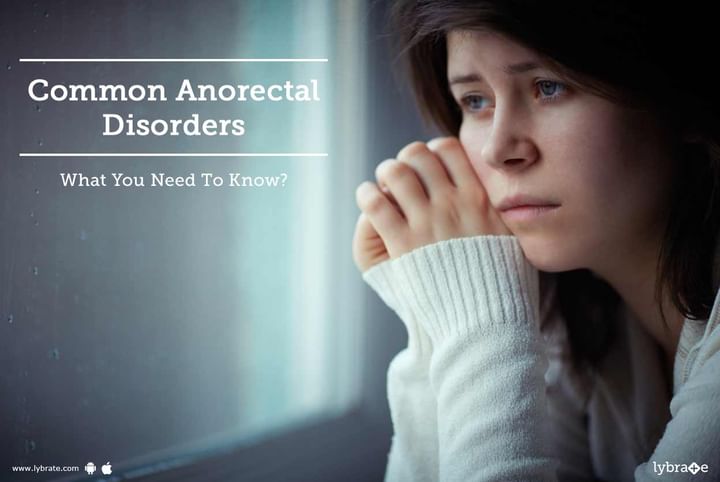Common Anorectal Disorders - What You Need To Know?
Anorectal disorders are all the illnesses which are located in the anal and rectal portions of the large intestine. Hemorrhoids is an anorectal disease and so is anorectal cancer. While hemorrhoids are benign, anorectal cancer can be fatal.
Faecal incontinence, proctalgia fugax, excessive perineal descent, and pruritus ani, are other anorectal disorders which can affect men and women of all ages.
The symptoms of most anorectal disorders are nonspecific, that can make their diagnosis difficult. That is the reason anorectal disorders should not be taken lightly and treated a with priority. We bring you a snapshot of a few most common anorectal diseases for empowering you with knowledge so that you can stay healthy.
A few common anorectal disorders are:
1. Hemorrhoids: These are large, sack-like blood vessels which are located in and around the anus. These can also be found in the lower rectum or the portion of the large intestine just above the anus.
Causes: They are caused due to ageing, chronic constipation, diarrhea, pregnancy, not getting enough fibre and irregular eating habits.
Symptoms: Bleeding while defecation, pain and protrusion of the haemorrhoid and most of these do not respond well to non-surgical treatments such as increasing intake of dietary fibre and avoiding constipation. Surgical treatment is thus advised for patients who continue to have severe bleeding, pain or protrusion due to hemorrhoids. Treatments: Common surgical treatments for severe hemorrhoids are:
Rubber band ligation- This is an outpatient procedure.
Hemorrhoidectomy- This is a surgery to remove hemorrhoids and it is the best method for permanent removal of hemorrhoids. It may require hospitalization and a period of inactivity.
2. Anal Fissures: This is a small tear in the lining of the anus. Anal fissures cause pain, bleeding and itching around the anus.
Causes: Anal fissures are caused due to hard, dry stools, diarrhea and inflammation in the anorectal area.
Treatments: Most anal fissures heal by themselves over time. They can also be healed by application of medicated creams and topical ointments. Surgery is recommended when the fissures don’t heal.
Surgical options are:
- Surgical repair: Repair of the anal tear.
- Internal sphincterotomy: This consists of a small operation to relieve the underlying muscle spasm, which is actually contributing to the anal fissure.
3. Anorectal Abscesses: This is an infected cavity which is filled with pus and found near the anus or rectum.
Causes: Usually, such abscesses occur when bacteria or faecal matter enters the tissue outside the anus.
Symptoms: Superficial anal abscesses are often associated with:
- Pain, which is usually constant, throbbing, and worse when sitting down.
- Skin irritation around the anus, including swelling, redness, and tenderness.
- Discharge of pus.
- Constipation or pain associated with bowel movements.
Treatment: The treatment of an abscess is surgical drainage under most circumstances.
4. Anal Fistula: Anal fistula is the name given to a small, abnormal tunnel connecting the anal glands. From this tunnel, the abscess comes out onto the skin outside the anus. Bowel diseases such as Crohn's disease and colitis are linked to an increase in the likelihood of anal abscesses and fistulas.
Symptoms: Pain, irritation of the skin around the anus, pus, fever and swelling.
Treatment: Usually involves surgically draining pus from the infected cavity and, also making an opening in the skin near the anus for removing the pus cells.
Fistulotomy: This is a surgical treatment to cure anal fistula. and can be performed on an outpatient.
In case you have a concern or query you can always consult an expert & get answers to your questions!



+1.svg)
